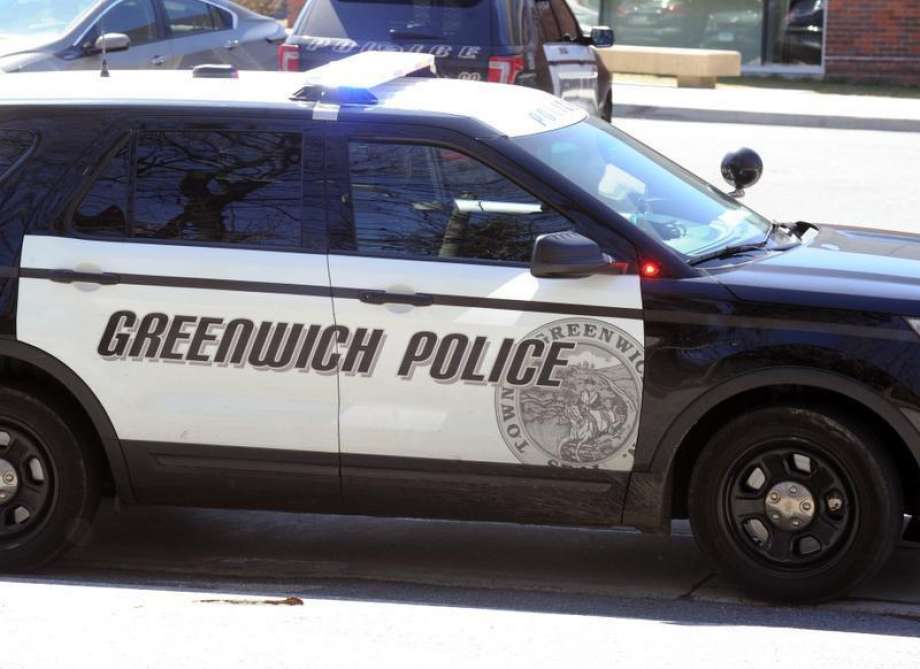Greenwich police offer tips on recognizing drug overdoses

GREENWICH — With deaths and medical emergencies associated with heroin and the abuse of prescription pills continuing, Greenwich police are reminding the public about how to recognize an overdose and what to do to help.
Within the past year, a near-fatal overdose was reported at a local hotel. On a side street near a highway exit ramp in the Byram section of town, an alert resident saw a person asleep at the wheel and called authorities. In both cases, the overdose victims were revived.
And just this week, police arrested three men in central Greenwich and charged them with possession of heroin.
Error 0:
Authorities are working to educate the public about recognizing the signs of a drug overdose, as part of larger campaign to reduce the spread of drug abuse and addiction.
“Obviously, there’s still an issue with opioid overdoses and prescription pills,” said Lt. John Slusarz.
Beyond a stepped-up law-enforcement campaign, police are partnering with social service organizations to get addicts into treatment. Public education about drug abuse — and recognizing the signs and symptoms of an overdose — is another component of the initiative.
“It’s good knowledge to have,” the police lieutenant said.
Slusarz noted that people from all walks of life can fall victim to drug abuse, including the elderly, so it is advisable not to make prejudgments about the kind of people who are at risk of drug overdoses.
The fact sheet put out by town police includes the following points:
Signs of an opioid overdose:
*Face is extremely pale and/or clammy to the touch.
*Fingernails or lips have a blue or purple cast.
*Vomiting or making gurgling noises.
*Breathing is very slow or stopped.
What should I do if I see an overdose?
*Call 911 immediately.
*Support the person’s breathing.
*Stay with the person until the ambulance arrives.
Common risk factors for opioid overdose:
*Mixing opioids with other drugs, particularly alcohol or sedatives
*Resumption of use after a period of abstinence from opioid use, such as a release from a rehabilitation center
*Elderly persons may forget that they already took their medication and accidentally re-take the same medication
*Younger age, specifically the teens or early 20s exposed to peer pressure or a social environment where there is drug use.
Greenwich police officers began carrying Narcan in January 2018, and police have used it on numerous occasions since then in cases of drug overdoses. Police have also initiated a new program with Greenwich Hospital and social-service providers to direct drug-users into treatment.
 Pathways Drug Rehabilitation Luxury Addiction Treatment & Detox Center
Pathways Drug Rehabilitation Luxury Addiction Treatment & Detox Center



